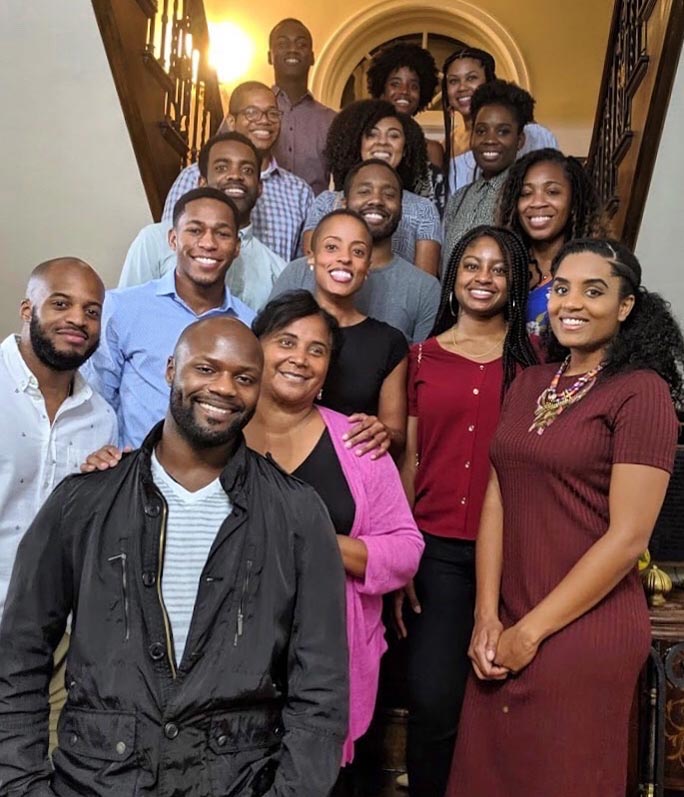Medical residents step up to care for patients, reach out to community during pandemic

As a result of the COVID-19 pandemic, medical residents — physicians who have completed medical school and are training in a specialized area — have been dedicated to caring for COVID patients. This includes medicine and anesthesiology residents spending long hours in intensive care units, and emergency medicine residents treating patients who come into the Emergency Department. Residents in specialties from surgery to psychiatry to pediatrics are also stepping up to provide expertise.
“Residents are right there on the frontlines with the nurses and other physicians,” said Anita Blanchard, MD, Associate Dean for Graduate Medical Education at the University of Chicago. “They’re completing their training, while also contributing to this effort. Many are sacrificing other educational opportunities to help cover the COVID units.”
As residents gain new skills and see patients across the hospital, they’ve offered valuable insights and identified new opportunities for reaching those in the community who are disproportionately affected by the virus.
“Residents are bringing innovative solutions to address community problems,” Blanchard said. “This is such a unique and devastating crisis, and healthcare providers recognize that we have to do things differently to ensure that we can continue to provide the safest care possible to our patients.”
Ensuring the safest, most ethical care
Early in the pandemic, residents met with other physicians and hospital leaders to discuss how to most safely treat patients, including those with COVID-19, as well as patients with other conditions who come into the hospital. Kevin Roggin, MD, Program Director of the General Surgery Residency Program, to develop a new consent form to ensure patients have the information they need to make informed decisions about their care during the pandemic. Their work has since been accepted for publication in Brian Williams, MD, Associate Professor of Surgery. The forums allow for the residents to share their experiences caring for patients during the pandemic, while also offering recommendations and fielding questions from community members.
Blanchard has been especially impressed by the residents’ response.
“I think what we’re learning is that you don’t necessarily need to be in the same physical space to have an impact,” Blanchard said. “These residents are going beyond the walls of the hospital to reach patients and people in the community. Sharing information via Facebook and other online platforms is smart because it allows us to reach a much broader group of people.”

Suah and Blanchard also emphasized that the University’s commitment to the local community is part of an ongoing effort.
“Many faculty members, residents, and medical students have served the community, and will continue to serve it, for many years,” Suah said. “Physicians like Drs. Doriane Miller and
